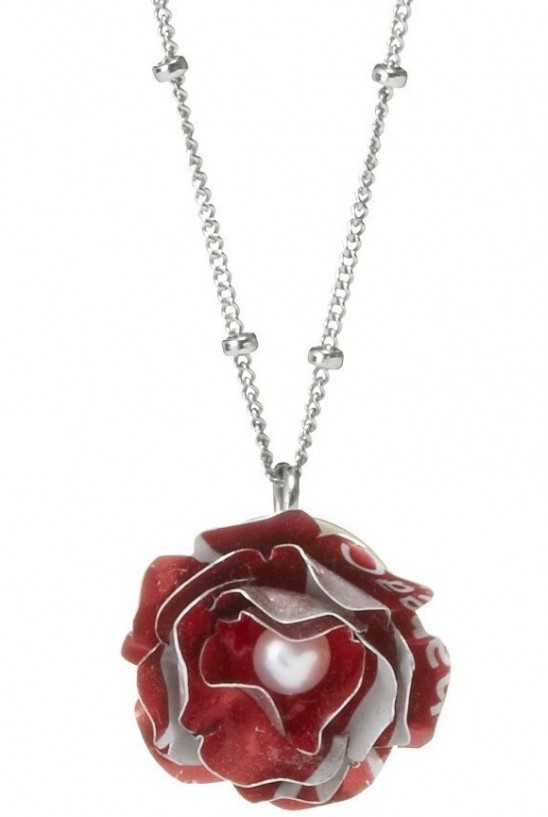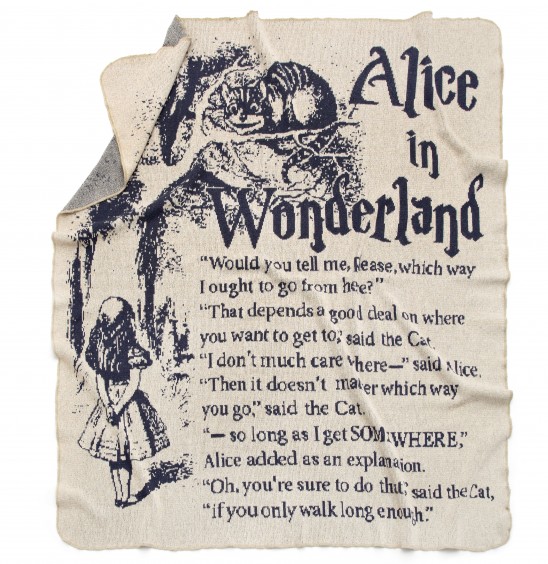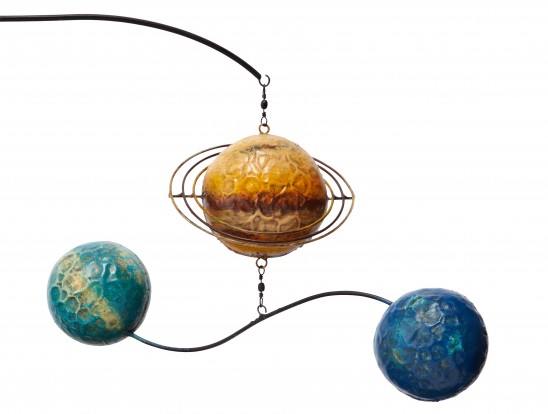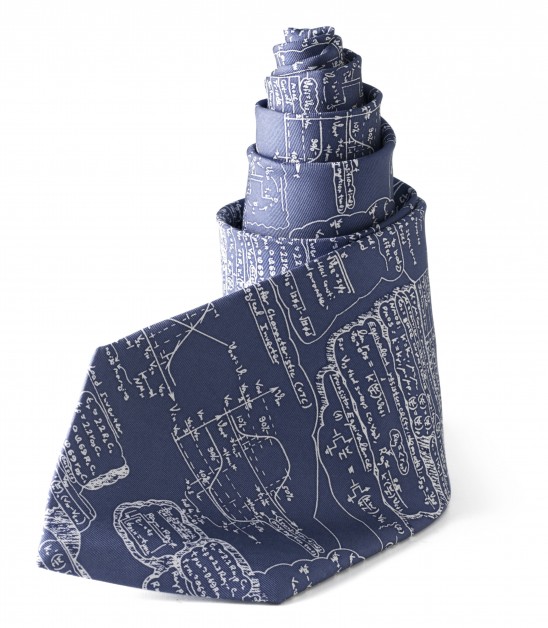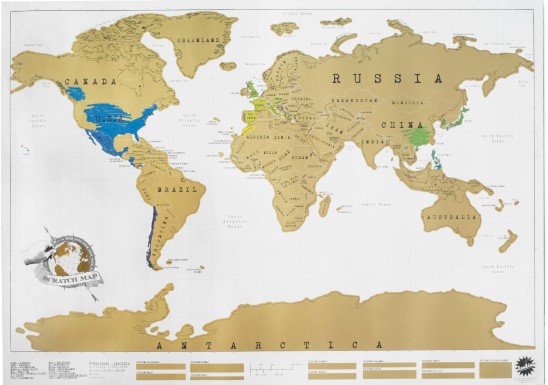He might not be the only one, but he’s definitely the cutest. Interested in figuring out just how much dogs “get” humans, scientists used brain-imaging technology on our four-legged friends. The most direct example of dogs’ devotion to their humans is their odor processing capabilities. Scientists found that when a pup caught his owner’s aroma, the “reward center” of his brain was sparked. Of all the scents a dog can take in at once, yours is the one that he prioritizes. Even more telling (and the reason your pooch knows just when you need a cuddle), dogs have shown themselves to be physically wired to pick up on our mood changes. A study revealed marked similarities in the way dog and human brains process emotionally laden vocal sounds. So when they hear you whining or crying or just generally stressed, they know that you need nothing more than a tail wag and a furry friend. In conclusion, dogs are the best.
Doesn’t the phrase “playing hooky” suggest that “hooky” is some kind of game? And if so, what are the rules? How do you win? Well, some might argue that just skipping out on school is enough of a win (although that explanation will get you after-school detention for sure). But it turns out that hooky really does have rules, and you probably already know them—you just don’t recognize the name. That’s because hooky comes from the Dutch word hoekje, which what you call the game “hide-and-seek” in the Netherlands. The children of Dutch settlers played this in the American colonies in the 17th century, but it wasn’t until the 19th century, though, that teachers and parents became the unwilling participants on the “finding” end of the game.
In your personal interactions, there’s a good chance you enjoy spending time with warm personalities, or that you worry if a special relationship starts to grow cold. What you might not realize, however, is that those temperature words are not just metaphorical. Researchers in multiple studies have found, for example, that not only are lonely people more likely to report being cold, but that coldness can actually increase feelings of loneliness. On the other hand, warmth increases our feelings of personal engagement. Contact with something warm, like a mug of fresh coffee or a heating pad, helped to soothe painful sad memories, promote positive impressions about other people, and even increase acts of generosity and self-sacrifice. So if your steamy romance is starting to get a chill, maybe you just need to turn up the thermostat.
Uncommon Knowledge: Does a rose on any other planet smell as sweet?
March 9, 2015Better, actually. In 1998, a team of researchers developed a plant growth chamber for the mid-deck of the space shuttle. This chamber would provide a miniature rose with the appropriate temperature, humidity, light, and nutrients during space flight. With all the ideal conditions replicated, the rose grew during its journey in space. Once it fully bloomed, researchers analyzed the scent molecules taken from the astronaut blossom and found that this particular rose had a much stronger scent than others of its kind. The reason? Flowers produce a variety of aromas in order to attract the preferences of their pollinators. These aromas are carried in the plant’s essential oils and are strongly affected by the environment. Note to self: ask for a bouquet of a dozen space roses next Valentine’s Day.
From Alice’s whackadoo tea party host, to the phrase “mad as a hatter,” hatters and their sanity seem to be getting a bad rap. The imagery, however, is rooted in some truth. From the 1700s through the early 1900s, mercuric nitrate was a commonly used compound in hat making. The result after many years of hatting? Mercury poisoning. Symptoms included tremors and extreme irritability, which led to the “mad as a hatter” expression. Talk about an occupational hazard.
Despite the masculine mythological associations with Mars, when it comes to actually going there, it might make sense to send an all-female crew. Research dating back over 50 years suggests various reasons why women would be better suited for such long-distance voyages: they have generally stronger hearts, can better withstand vibrations and radiation exposure, and can cope better than men in prolonged isolation. But the best evidence comes from more recent terrestrial simulations of a Mars mission: women expend—and therefore need—far fewer calories than men. What’s so out-of-this-world about that? Simple: fewer calories needed for an all-female crew would mean less food in the payload, equaling huge savings in the mission budget. We’re talking a grocery budget reduction of millions of dollars. So an all-female mission to the red planet may be a hard sell, but it’s really just hard science and savings.
It seems hard to believe that +, = and all the other symbols of the mathematical world haven’t always simply existed like they do now. But in fact, the plus sign didn’t come around until the 15th century. A symbolic contraction of the Latin word et, meaning “and,” it took another hundred years or so for it to be widely adopted. Maybe it was that handy “and” sign that inspired Robert Recorde, in 1557, to use two parallel lines to represent “is equal to.” But if we know when these math symbols were invented, it brings up the question of what mathematicians were using before that. The horrifying answer? Story problems. Here is an actual question from a 9th century, Persian text about algebra: “I have divided ten into two parts, and multiplying one of these by the other, the result was twenty-one.” Shiver.
Love may make the world around, but it also appears that love gets a little lost in translation. People from the U.S., Lithuania and Russia were surveyed on their understanding and expectations of romance, revealing some surprising differences. The Eastern Europeans, for example, reported falling in love faster than their American counterparts. 90% of the surveyed Lithuanians, for example, reported falling in love in less than a month. 58% of Americans claims it takes two months to a year before they know they’re in love. According to the journal Cross-Cultural Research, the Russians and Lithuanians also described romantic love as being “temporary and inconsequential.” On the other hand, Americans tended to see romance as something to be pursued in long-term relationships, and used descriptors like “friendship” and “comfort” when describing romance, which their counterparts rarely did. It is possible that Western European opinions on the topic fall somewhere between the two, but the French respondents couldn’t stop kissing long enough to be bothered with a survey.




